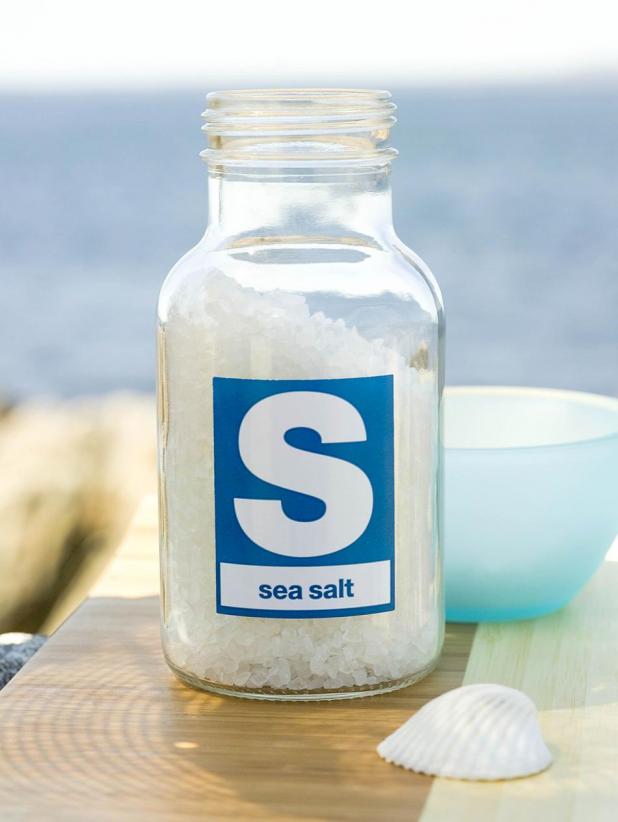
Dietitian: Lower sodium intake for healthier living
BATON ROUGE — As the coronavirus spreads around the globe, scientists are learning more about who is most vulnerable to this new respiratory illness.
Many patients who become seriously sick or die have comorbidities, meaning they simultaneously have at least one other chronic health condition. This is a major concern in Louisiana, which has high rates of obesity, diabetes and hypertension, also known as high blood pressure, according to the LSU AgCenter.
This serves as reminder of how important it is to eat healthfully — including moderating one’s sodium intake, which affects blood pressure, said Mandy Armentor, a registered dietitian and area nutrition agent with the LSU AgCenter.
With many people staying at home and cooking more of their own meals, now is a good time to establish healthier eating habits, she recommended.
High blood pressure is defined by the American Heart Association as having blood pressure readings over 120/80 mmHg when checked consistently over time by a healthcare provider, Armentor said.
“Hypertension is referred to as the ‘silent killer’ because people don’t really know they have it until they go to their healthcare provider for another reason,” she said. “There are no obvious signs or symptoms of hypertension in adults.”
People can manage hypertension by eating a diet low in fat and sodium, being physically active and, if it has been prescribed, taking blood pressure medicine, Armentor said.
“Even during these times, it is important for residents to take care of themselves, eat a healthy diet from all food groups and watch their salt intake,” she said. “Try to limit intake of overly processed foods and junk food, get regular exercise and take their prescribed medications to ensure they stay as healthy as possible and prevent any further health complications.”
Armentor offers these tips for cutting salt consumption:
—Do not add salt to a pot of water when cooking rice or pasta.
—Drain and rinse canned meats, vegetables and beans to help lower the sodium content.
—Try to reduce the salt measurement by one-fourth to one-half in your favorite recipes.
—Go slow on your processed meats such as deli ham and sausage. If possible, try to incorporate the lower-sodium version of these into your meal planning and recipes.
—Go easy on the Creole and Cajun seasonings. Salt is the main ingredient of many of these products. You also can try to find lower-sodium or no-salt versions of your favorite seasonings.
—Be spicy instead of salty. Try to season foods with little to no salt and more spices and herbs.
—When eating boiled seafood, be mindful of condiments and seasonings, which often contain a lot of sodium.
—Increase your intake of fruits and vegetables. Try not to salt them when you prepare and eat them.
—Try to eat and purchase foods with between 35 and 140 milligrams of sodium per serving. Check the nutrition facts labels.
—Limit fried foods and those served with heavy sauces. These tend to be higher in sodium content. Try to eat these foods only occasionally.
—Moderate your alcohol intake. Limit yourself to one drink per day for women and two per day for men.
—Don’t forget to be physically active. Take walks, play with your children, dance and do sports. Physical activity is good for helping lower your blood pressure when combined with healthy eating.
